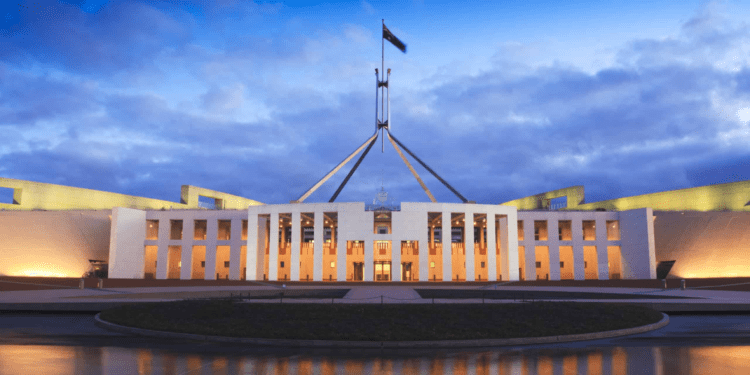The government of Australia has unveiled its plans to introduce mandatory climate-related financial disclosure requirements for companies and financial institutions. This development was outlined in a newly released consultation paper launched by the Treasury. The paper provides detailed information on the proposed reporting rules and invites stakeholders to offer feedback on them. The primary objective of these requirements is to enhance transparency and accountability within large businesses and financial institutions when it comes to climate-related plans, financial risks, and opportunities.
As part of its commitment to achieving this goal, the government aims to implement standardized reporting guidelines that align with international standards. These guidelines would cover various aspects, including governance, strategy, risk management, targets, and metrics, with a specific focus on greenhouse gas emissions. This announcement follows a prior “Discovery consultation” initiated by the Treasury in December 2022, which explored the creation of a climate risk disclosure framework and the potential for mandatory reporting.
The new consultation builds upon the feedback received during the initial consultation and presents specific disclosure proposals. It seeks input on the feasibility and effectiveness of the suggested coverage, content, framework, and enforcement rules. The consultation paper highlights the overwhelming support expressed by stakeholders regarding the government’s decision to mandate climate-related risk disclosures. It also emphasizes the importance of aligning the reporting requirements with international frameworks, particularly the newly developed sustainability and climate-related reporting standards by the International Sustainability Standards Board (ISSB) of the IFRS Foundation.
Australia’s proposed climate-related disclosure requirements share similarities with those established by the ISSB. They emphasize core elements such as governance, strategy, risk details, opportunities, and metrics & targets. The proposed rules would necessitate companies to disclose transition plans, including information on offsets, target-setting, and mitigation strategies. Additionally, businesses would need to provide details about their processes for monitoring and managing climate-related risks and opportunities, along with the utilization of scenario analysis. The reporting rules would also require companies to disclose Scope 1 and 2 emissions, as well as material Scope 3 emissions, in line with industry-specific metrics.
To facilitate a smooth transition and allow companies to develop the necessary capabilities and expertise, the consultation paper proposes a phased-in approach to the new climate-related reporting requirements. This approach would take into account the size of the entities, with larger businesses becoming subject to the new rules starting from 2024-2025. Medium-sized companies would follow the next year, and smaller entities would be included in 2027-2028. The proposal also includes additional time for entities to implement Scope 3 reporting, a gradual transition from qualitative to quantitative scenario analysis, and a three-year transitional period for enforcement.
This transitional period would cover various areas, including scenario analysis, transition planning, and Scope 3 emissions. Overall, the government of Australia aims to instill greater transparency and accountability in businesses and financial institutions regarding their climate-related practices. By implementing these mandatory disclosure requirements, the government seeks to ensure that Australians and investors have access to consistent and standardized information, aligned with international best practices, to evaluate climate-related risks and opportunities in the corporate sector.






